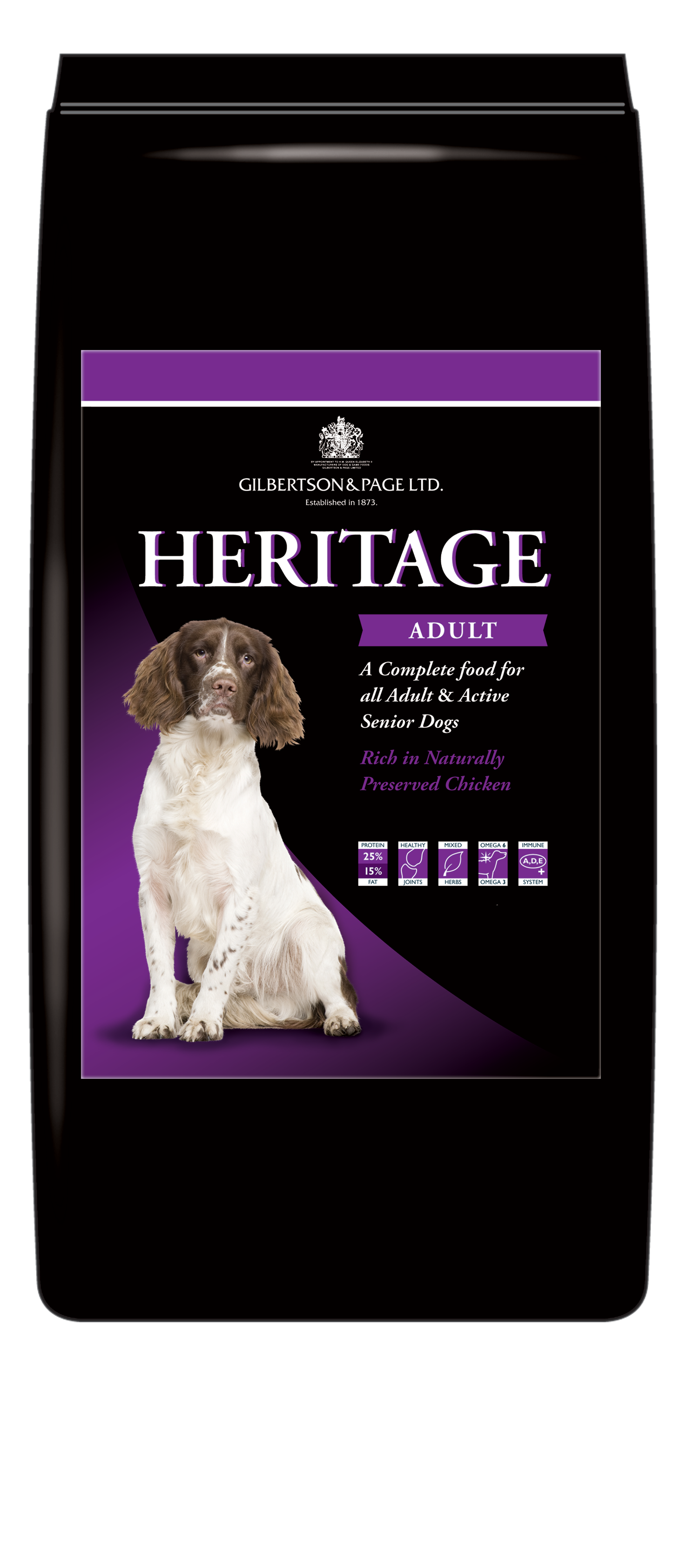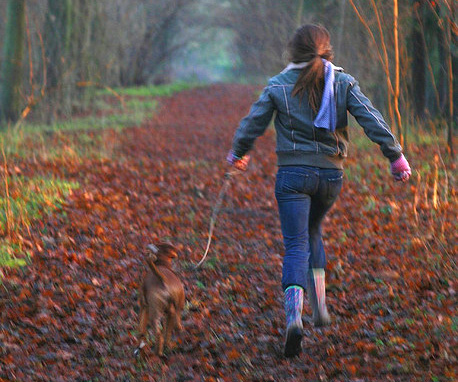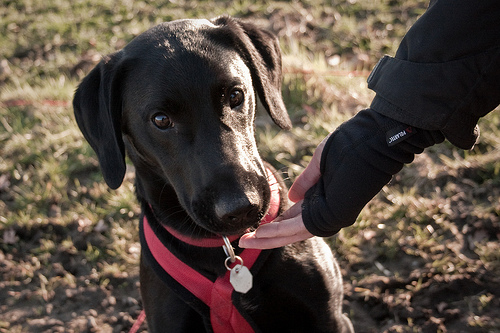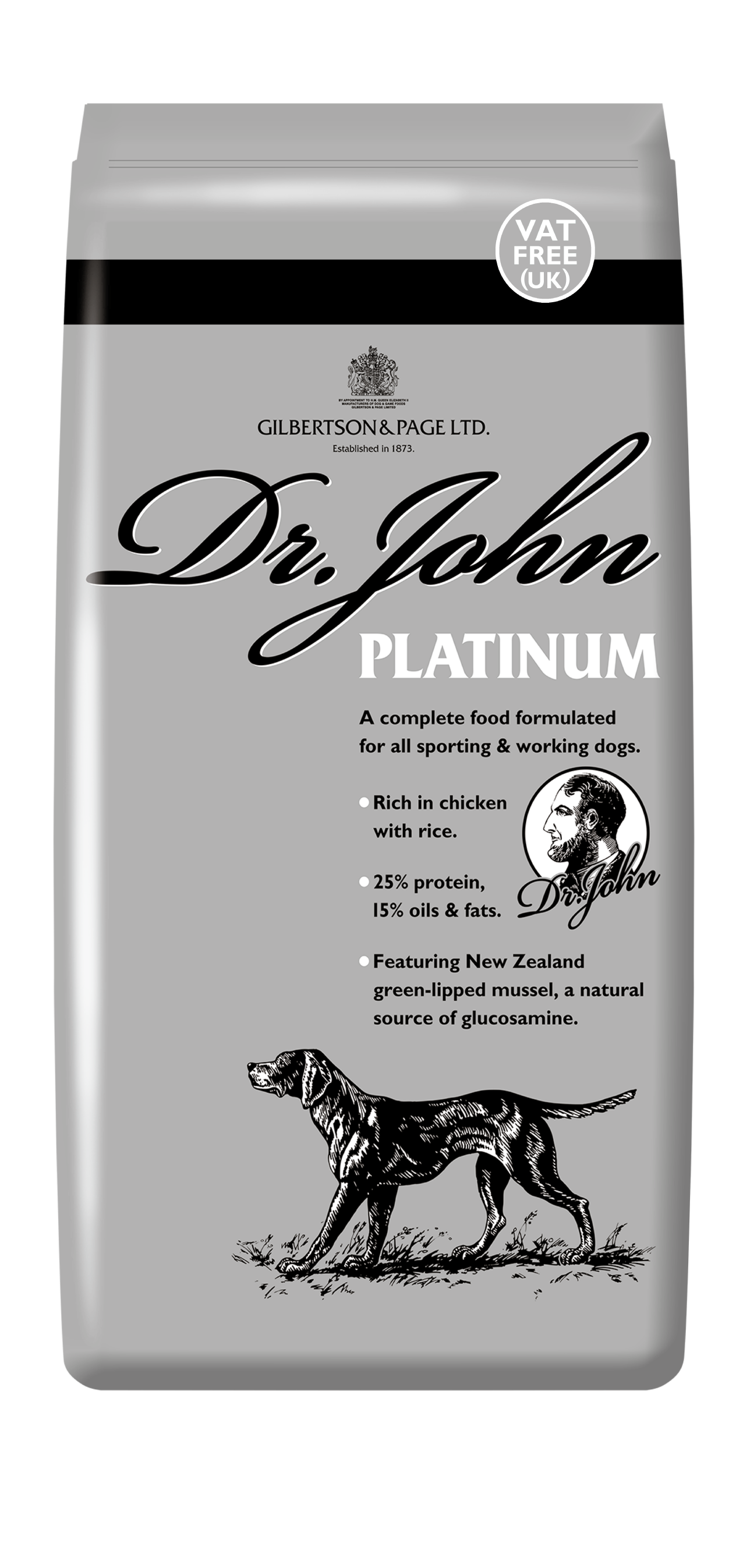Dog Treats: Rewards Without Health Risks
01/08/2014
To many dog owners their dog is truly their best friend, keeping them company through good times and bad and viewed as another member of the family. It is understandable that dog owners wish to reward their dog’s good behaviour and loyalty in some way and many choose to do this by giving a treat. This is fine if the treat comes in the form of affection, praise or attention through playing a game, but when rewards are in edible form, either tit bits from the table or snacks from the cupboard, it can lead to health problems or obesity.
Firstly, let’s take a look at the health problems that can occur from giving inappropriate treats to dogs. Chucking down the odd morsel of food from the table at mealtimes can become second nature to dog owners, who find it hard to resist the pleading gaze of their canine companion. However, apart from encouraging bad habits such as begging for food and jumping up to grab food from surfaces, dog owners must be very careful that the human food is suitable for a dog’s consumption. Whilst meat and fish protein, certain cereals and vitamins and minerals form an essential part of a dog’s diet, human dishes are likely to have been prepared with oils, seasoning, herbs, sauces and even alcohol, some of which could be harmful to the dog when digested. Eating the wrong food can cause vomiting, diarrhoea, heart palpitations, dental problems, difficulty breathing and in extreme cases can even be fatal.
Foods that are particularly dangerous to dogs include:
- Chocolate and cocoa
- Grapes
- Avocados
- Onions and garlic
- Coffee and caffeine products
- Alcoholic drinks
All of these can have severe consequences for a dog’s health and should be avoided at all costs. Other foods that are unsuitable are dishes cooked in rich sauces, oils and fats, alcohol-based sauces (even those where the alcohol has been cooked off) and acidic sauces.
Some human foods are okay for dogs to eat in small amounts. These include:
- Peas, beans, sweet potatoes and members of the squash family
- Plain lean meat and fish (it is important that chicken is served without bones, which can splinter and cause severe internal damage)
- Plain wholewheat rice and pasta
If a dog is going to share a small portion of an appropriate family meal, for example Sunday lunch, then it needs to be set aside before the addition of sauces, and it is also a good idea to put the dog’s portion in their regular feeding bowl, which will discourage the habit of begging for food at the table. To avoid potential problems with overeating and obesity, it is vital that these extra tit bits are counted as part of the dog’s recommended daily food requirement rather than in addition to it.
 The best option by far is to choose a good quality dog food that has been specifically manufactured to contain the perfect balance of protein, cereal, vitamins and minerals to provide a dog with everything it needs in one food source. A dry dog food, such as the Gilbertson and Page ranges, can be carefully measured out and, when used in conjunction with feeding to condition, will keep a dog in peak health. Gilbertson and Page have a laboratory and dedicated nutrition team ensuring that they base their manufacture on up-to-date research into canine nutrition and health. What is more, once the dry kibble is portioned out for the day, some of it can be set aside for treats to be handed out to reward good behaviour or used to stuff specially designed dog toys, which can then also be used in fun games and activities and as a reward, without putting the dog at risk of gaining extra weight or introducing unnecessary foods to their delicately balanced digestive systems.
The best option by far is to choose a good quality dog food that has been specifically manufactured to contain the perfect balance of protein, cereal, vitamins and minerals to provide a dog with everything it needs in one food source. A dry dog food, such as the Gilbertson and Page ranges, can be carefully measured out and, when used in conjunction with feeding to condition, will keep a dog in peak health. Gilbertson and Page have a laboratory and dedicated nutrition team ensuring that they base their manufacture on up-to-date research into canine nutrition and health. What is more, once the dry kibble is portioned out for the day, some of it can be set aside for treats to be handed out to reward good behaviour or used to stuff specially designed dog toys, which can then also be used in fun games and activities and as a reward, without putting the dog at risk of gaining extra weight or introducing unnecessary foods to their delicately balanced digestive systems.
Dog owners who still wish to give an edible treat that is an alternative to the day-to-day dog food, should choose treats specifically designed for dogs from a reputable manufacturer. Again, these should be counted as part of the daily food requirement and kept to a minimum to avoid excessive weight gain.
It is only natural that dog owners should want to reward their dog for their good service with a treat, but it is vital that this is done without jeopardising the health of the dog. Non-edible rewards are always best, but edible rewards should be small, canine appropriate and part of the daily allowance. Any responsible dog owner will monitor their dog’s weight and health as a matter of course, watching for signs of weight loss or gain and spotting the signs and symptoms of ill health instantly.
The concept of ‘feeding to condition’ is also helpful in controlling owners’, not just dogs’, desire for reward. You can find out more this in our previous post on the subject… here.
If you have any concerns about your dog’s weight or health in general, you should seek the advice of a vet. Any queries directly related to the Gilbertson and Page dog food ranges can be sent to info@gilpa.co.uk. Also, if you’d just like to keep up to date with what we and our customers are up to, why not visit and follow our Facebook page.





